We improve lives
At Linneo Health we work closely with pharmaceutical partners developing cannabis-derived medicines to improve the quality of life of patients around the world.
An innovative therapeutic approach
Medicinal cannabis refers to the use of products derived from the Cannabis Sativa L. plant for pharmacological use to treat diseases or alleviate symptoms associated with diseases. Currently, the European Medicines Agency has authorised some medicines that contain active ingredients isolated from certain cannabinoids in the plant. In addition, many countries have their own legislation on medicinal cannabis, allowing the use of the flower or its derivatives to treat certain diseases such as spasticity associated with multiple sclerosis, nausea or vomiting caused by certain medical treatments, chronic pain, among others.
*The regulation of medicinal cannabis differs between regions. It is therefore important to gain a detailed understanding of legislation and regulatory environments within each country. Linneo strongly focusses on the guarantee to clients of its compliance in all markets.
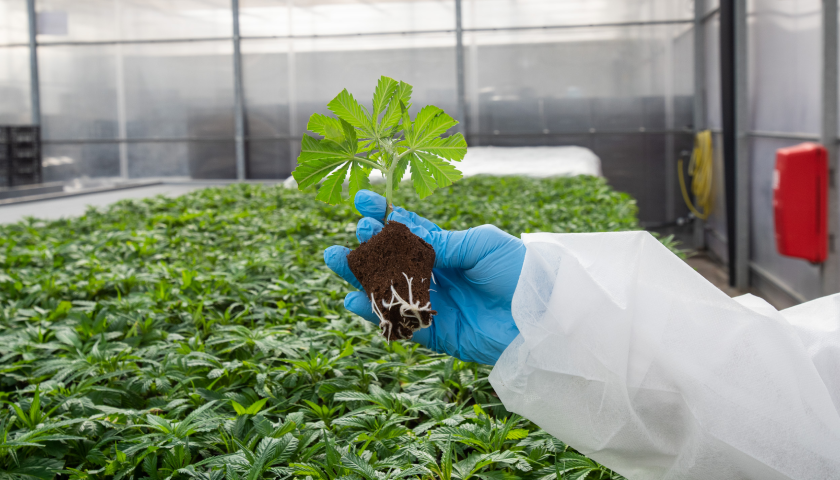
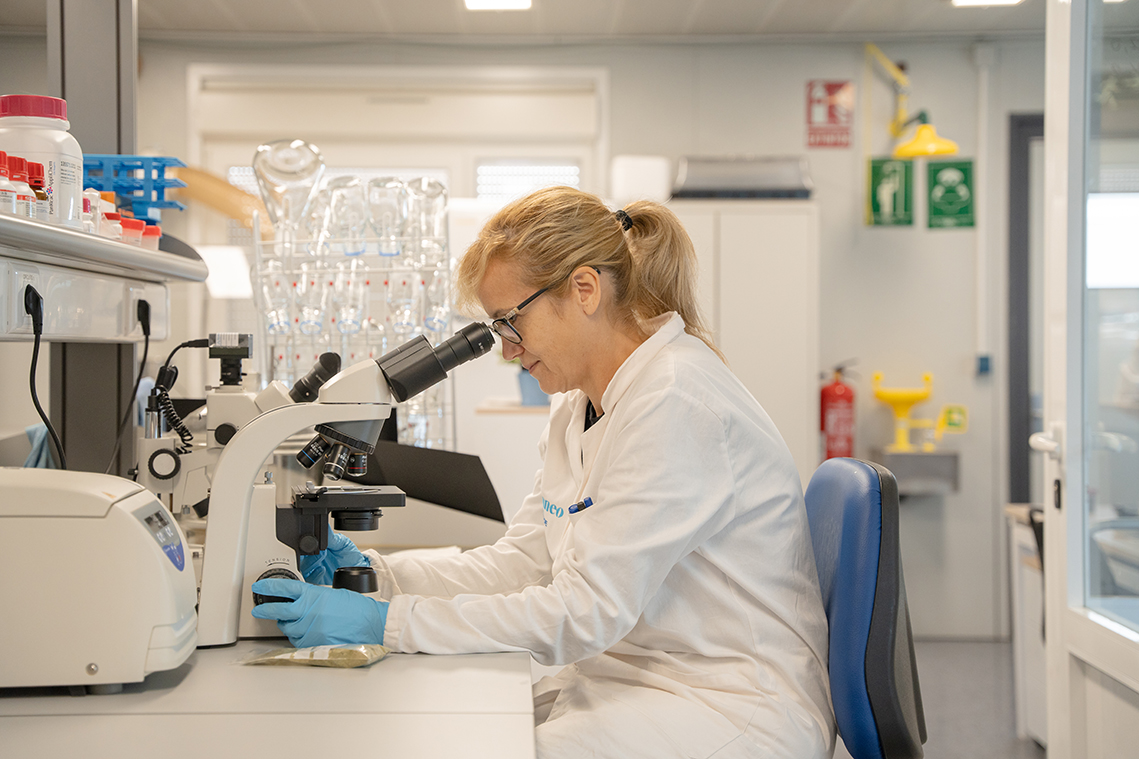
For more than 4,000 years, humans have taken advantage of this plant; from the benefits of its fibers and seeds to its application in medicine in specific rituals. However, in the last century, its recreational consumption and illegal trafficking has increased due to its psychotropic properties, leading to the plant and its derivatives being classified as narcotic drugs by the United Nations in 1961 (Single Convention 1961). However, subsequent scientific advances allowed the isolation and elucidation of the structure of some of the components of cannabis, which led to the identification of cannabinoid receptors and laid the foundation for research on the cannabinoid system.
Increasing scientific knowledge about the plant’s effects has led to a reassessment of its classification. Some health authorities now recognise its therapeutic potential and have opened the door to clinical trials. In 2020, the United Nations Commission on Narcotic Drugs removed cannabis from its Prohibited List of Narcotic Drugs and included it in its list of narcotic substances with addictive potential but accessible for medical fines, such as morphine. Since then, countries have begun to legislate on medicinal cannabis.
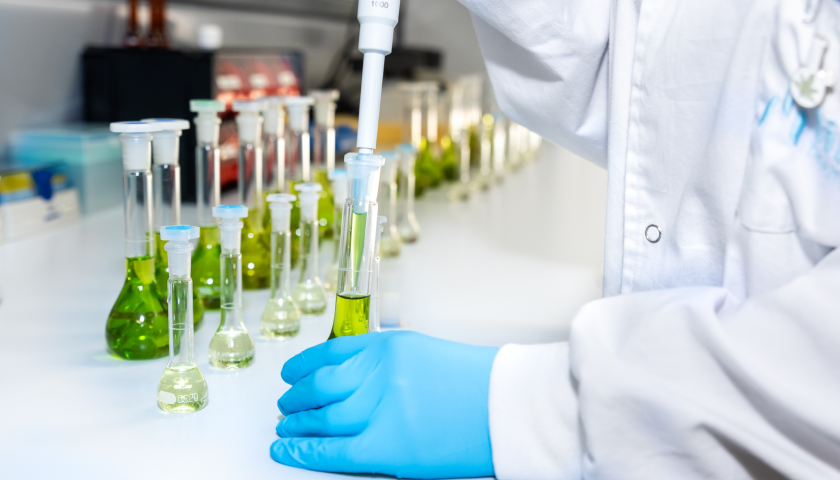
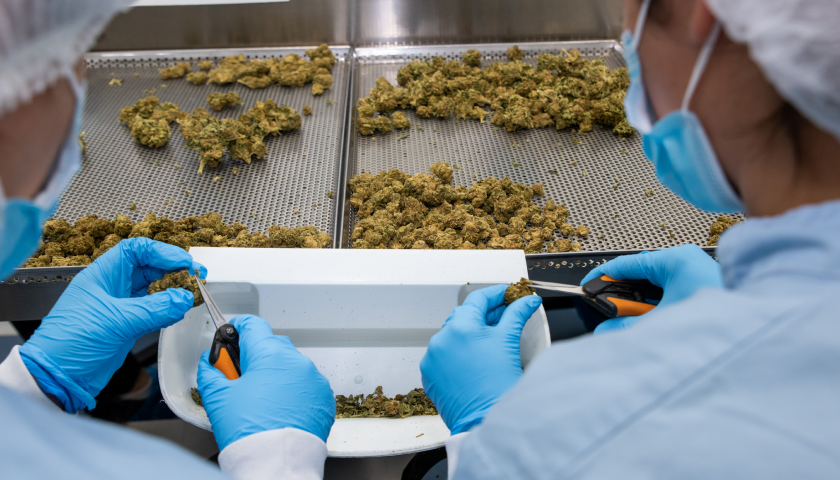
Medicinal cannabis represents a promising therapeutic avenue. Its international recognition and scientific advances have made it possible to challenge the stigmas associated with the plant, opening new possibilities for the treatment of various diseases. Over time, legislation and research are likely to continue to evolve to fully realise the potential of the plant to benefit patients’ health and well-being.
Our clients
Linneo Health's business focuses on markets where the medicinal cannabis industry is regulated. We seek to have a presence these markets that have opened their doors to the industry.
Our clients include governments and leading pharmaceutical companies that have obtained medicinal cannabis distribution licenses. With our partners, we can provide a wide range of high-quality products available to patients, allowing them to have a better quality of life.
Sustainability
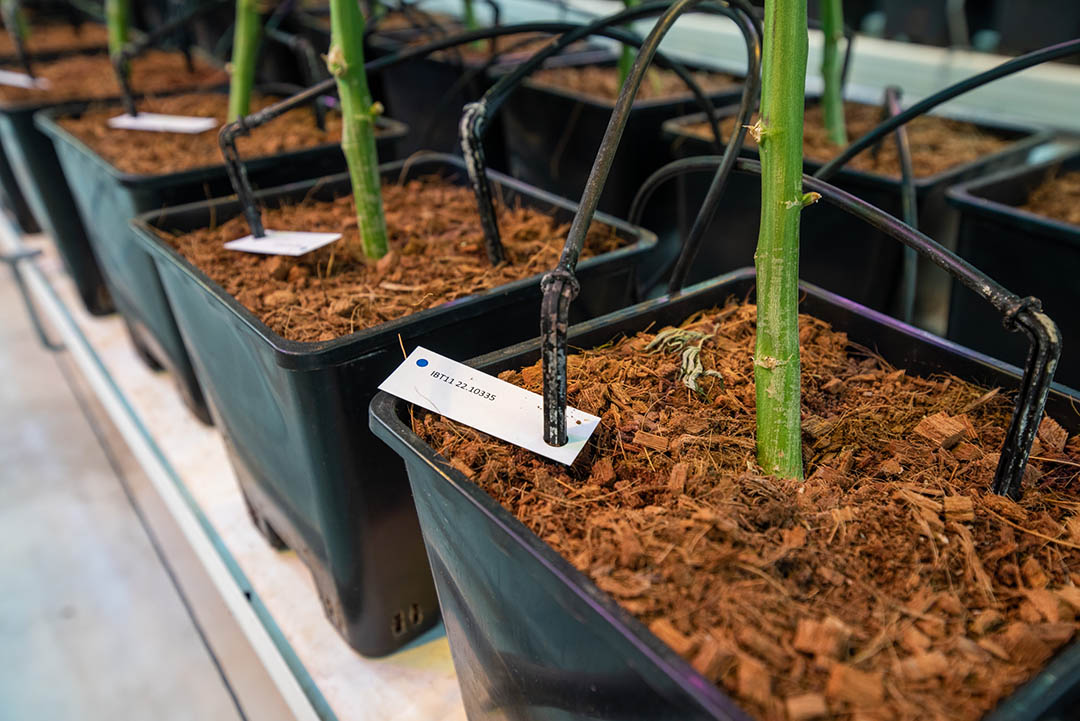
Our commitment to sustainability and the environment in the Region of Murcia in southwestern Spain drives every aspect of our business, from production to distribution and beyond. At Linneo Health, we are proud to lead the industry in finding a balance between caring for the environment, the quality of our products and the well-being of people. Sustainability is a core value that guides our actions day-to-day. We are committed to protecting our environment, promoting health and well-being, and advancing research in the field of medicinal cannabis.
Linneo Health has established a carbon reduction programme as part of its strategy to minimise the impact of the company’s operations on the environment, thereby improving its sustainability practices. The programme aims to reduce Linneo’s carbon footprint by more than 60% within the first year.
Energy use is one of the biggest environmental concerns within the cannabis industry; for this reason, Linneo has a firm commitment to sustainability and has invested significantly in the local energy infrastructure in its operations and cultivation centre in Europe, strengthening its connection to the national electrical grid of Spain. This opens the door to the use of renewable sources for the electricity generated, thus eliminating the company’s dependence on on-site industrial generators.
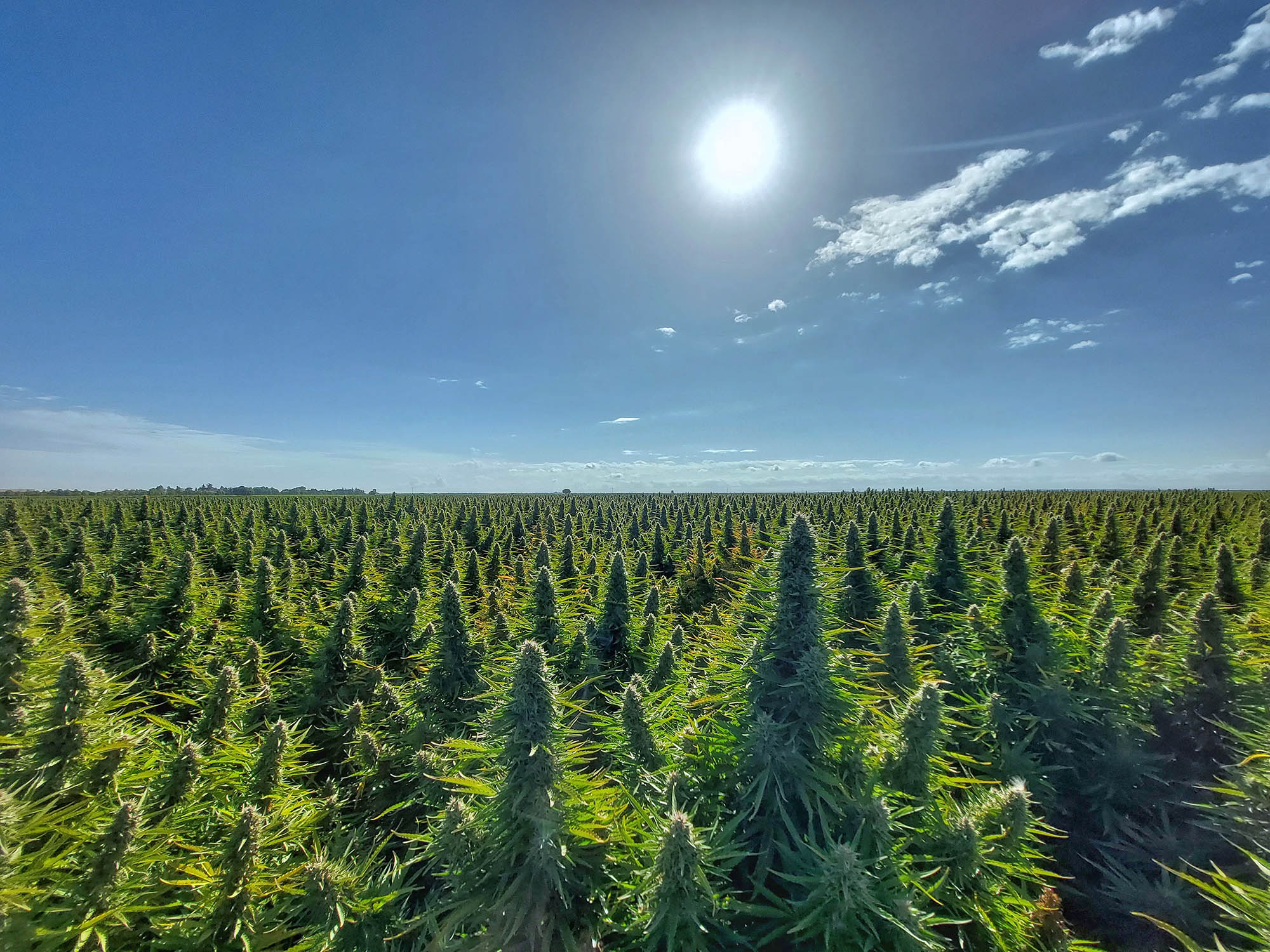
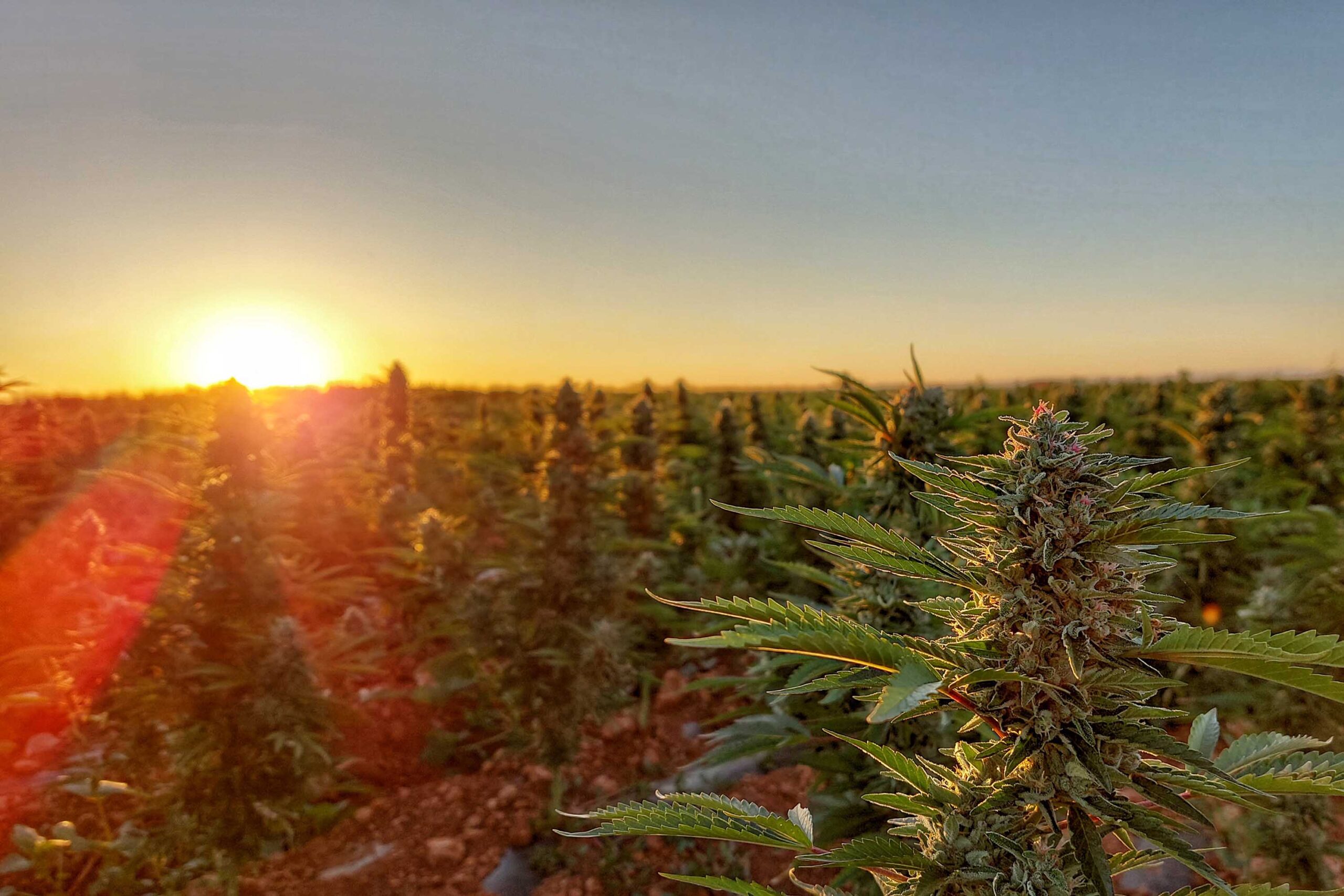
Strategically located in the south of Spain – one of the warmest and sunniest regions in Europe – Linneo has already has reduced consumption of artificial heating and lighting, compared to others in the industry. To increase this efficiency, the company has automated systems to trap the sun’s heat when necessary, to shade plants when the sun is at its highest, and also to extend the hours of daylight in its facilities, thus reducing energy use.
Continuing with its mission to reduce its carbon footprint, Linneo is also testing a sustainable “car sharing” programme. Additionally, expanding its environmental impact strategy, the company’s ongoing water reduction programme includes precision irrigation in Linneo’s greenhouses and other water efficiency initiatives that encourage employees to reduce their water consumption at work. All elements of the strategy will be monitored annually as the Company introduces more environmental initiatives.